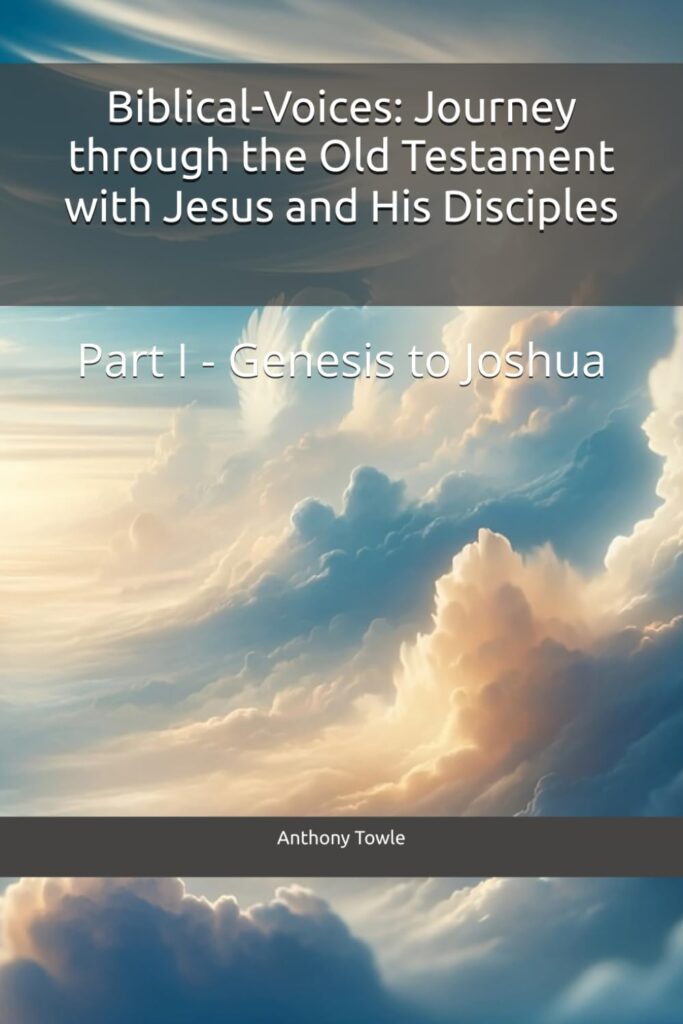Jesus: My friends, this is a topic that is central to understanding the shift from the covenant with Moses to the new covenant I have come to establish. The Old Testament laws were given to Israel as a guide, a tutor, to teach them about holiness and the necessity of living in a way that honors God. They were also meant to reveal the sinfulness of man and the need for a Savior.
Peter: Lord, we’ve tried to keep the law, but it’s been a burden too heavy for any of us to bear perfectly. How does your grace change this?
Jesus: Peter, you’ve touched on the heart of the matter. The law indeed was never intended to save but to point towards the need for salvation. By myself taking on human form and living among you, fulfilling the law perfectly, I have made a way for you to enter into God’s presence not by your own righteousness, but by mine. My grace is sufficient for you, for my power is made perfect in weakness.
John: So, through your grace, we’re freed from the law?
Jesus: John, think of it not as being freed from the law but being freed from the penalty and the power of sin that the law reveals. You are called to a higher standard, one of love. “A new commandment I give unto you, That ye love one another; as I have loved you, that ye also love one another” (John 13:34). This law of love fulfills all that the Old Testament law aimed towards because love does no harm to a neighbor.
Andrew: It’s a radical shift, Lord, from laws carved in stone to your law of love written on our hearts.
Jesus: Indeed, Andrew. The prophet Jeremiah spoke of this new covenant, saying, “I will put my law in their inward parts, and write it in their hearts; and will be their God, and they shall be my people” (Jeremiah 31:33). This is the essence of the new covenant – not abolishing the law but fulfilling it in a way that transforms from the inside out.
Thomas: But, Lord, does this mean we can ignore the Old Testament laws completely?
Jesus: Not at all, Thomas. The Old Testament is rich with wisdom, prophecy, and teachings that reveal God’s character and His plans for humanity. It also includes moral laws that are timeless. What changes is your relationship to these laws—no longer striving in your own strength to achieve righteousness, but depending on my grace and the empowerment of the Holy Spirit to live in a way that pleases God.
Peter: So, it’s your grace that empowers us to live righteously, not our adherence to a set of rules.
Jesus: Exactly, Peter. “For by grace are ye saved through faith; and that not of yourselves: it is the gift of God: Not of works, lest any man should boast” (Ephesians 2:8-9). My grace not only saves you but also teaches you to say “No” to ungodliness and worldly passions, and to live self-controlled, upright, and godly lives in this present age.
John: It’s a beautiful assurance, Lord, that in your grace, we find the strength to live as you’ve called us to live.
Jesus: Remember, my yoke is easy, and my burden is light. Under the new covenant, you’re invited into a relationship of love and trust with the Father, empowered by the Spirit to walk in the fullness of life I’ve come to give you.

